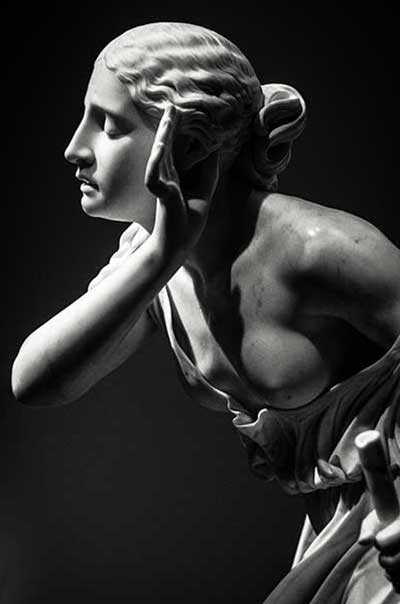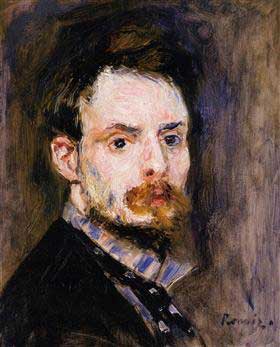
Licence Artwork:
Public domain
Renoir’s Impressionism, Celebrating Beauty and Joy
Renoir, the master of Impressionism, attended to the subjects of delightful occasions, celebrating events full of life, beauty, and joy. Here I am about to dwell upon his exciting story. Renoir was from a family of craftworkers. His singing’s talent in the Church’s Choir of his birthplace was not encouraged by his parents as they guided their children to the same path they followed, to be skilled artisans. His family sent him to a porcelain factory to learn ceramic forming techniques. He was fascinated by the work of Camille Pissarro and Edouard Manet and visited the Louvre galleries frequently. Finally, he found his way, not in handwork but painting. He had a strong empathy with other painters who sought freedom in style, and he joined in 1874 the first exhibition of Impressionists.
His paintings, the impressionist snapshots of real-life, were pleasant subjects and demonstrated delightful occasions with no seriousness or anxiety. Renoir had celebrated beauty and joy by the highlighted reflections of details in his paintings. Flowers, children, calm landscapes, and female elegance were the primary subjects of his works. He said once: “Why art shouldn’t be beautiful, while we face so much unpleasantness in our troubled life”?
The Intense luminosity In Renoir’s Impressionism
We can enjoy Renoir’s work because of light and color’s essential interaction. The use of complementary colors and his ability to present intense luminosity promote brightness and vibrant glow effects in his painting.
You may be interested if I mention Susan Valadon also in this article. She was a French post-impressionist painter, worked as a model in Renoir’s atelier. Susan studied Renoir’s work techniques and became later the first woman painter in the history of Beaux-Arts, the French National Society of Fine Arts.
After travelling to Italy, Renoir doubted his previous works and was impressed by Titan and Raphael’s masterpieces. This journey had an intense impact on him and changed his path back to the classic style. He acknowledged that it was a mistake to remove black, which offers excellent effects to the painting. However, after more enlightenments in his artistic experience, he returned once again to Impressionism with a new independent vision. He continued his work again with determination and tremendous vitality, using less classical sketches and more impressionistic brushing strokes.
In his later years, he became ill and suffered from arthritis. He was forced to move to villages close to the Mediterranean coast and live in a warmer climate. Because of his limited condition, his painting’s techniques changed forced.
In the last years of his life, Renoir couldn’t work without the help of his assistant, Richard Guino, who acted as Renoir’s hand. However, Renoir was a wealthy artist with no financial worries. He regularly sold his works, and those sales gave him great confidence to continue his innovations and productivity. He never stopped thinking and producing beauty.
Get more information on this overview page.
Text: Lalerou
© Copyright. All Rights Reserved
1- Linchong, V. (2021, October 15). Renoir’s Art Model Was the Greatest Painter You Never Heard Of. Messy Nessy Chic. Retrieved February 22, 2023, from https://www.messynessychic.com/2021/10/15/renoirs-art-model-was-the-greatest-painter-you-never-heard-of/
2- Wikipedia contributors. (2023, January 13). Pierre-Auguste Renoir. Wikipedia. Retrieved February 23, 2023, from https://en.wikipedia.org/wiki/Pierre-Auguste_Renoir
3- Springer, M. (2012, July 18). Astonishing Film of Arthritic Impressionist Painter, Pierre-Auguste Renoir (1915). Open Culture. Retrieved February 24, 2023, from https://www.openculture.com/2012/07/astonishing_film_of_arthritic_impressionist_painter_pierre-auguste_renoir_1915.html
4- (n.d.). Pierre-Auguste Renoir | Biography, Art, & Facts. Encyclopedia Britannica. Retrieved February 25, 2023, from https://www.britannica.com/biography/Pierre-Auguste-Renoir/Rejection-of-Impressionism#ref252497
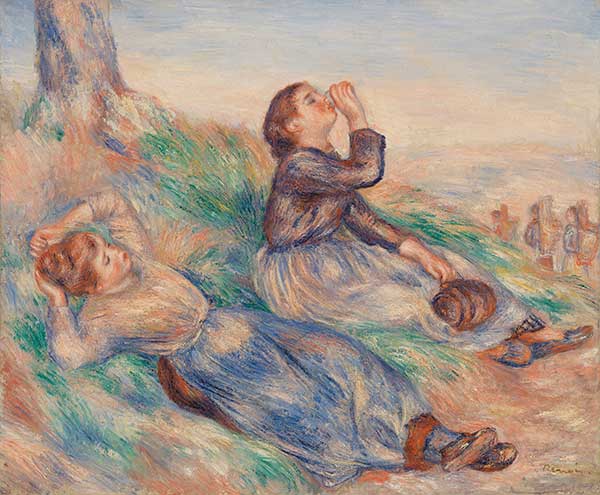

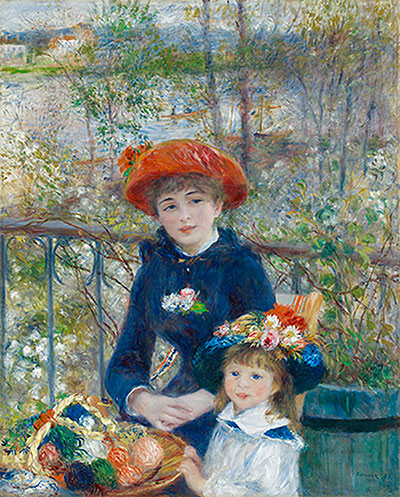
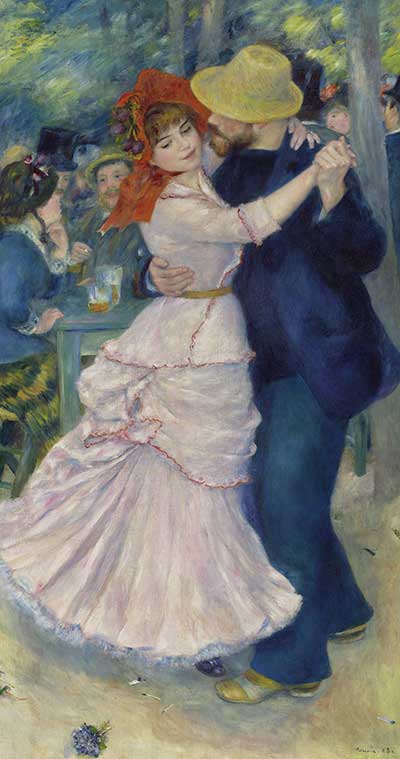
- Category: Modern Art Styles In Painting
Vintage
Vintage
Ornamental
